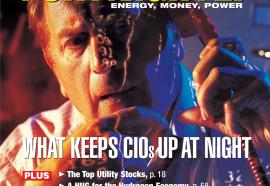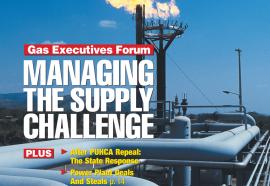The Mobile-Sierra Doctrine, Part Deux
A new twist on an old doctrine.
The D.C. Circuit once observed that the Mobile-Sierra doctrine is “refreshingly simple.” In fact, however, the doctrine has become incredibly nuanced and complex over time. In two concurrently issued decisions, the court has discovered new prerequisites to the initial application of the doctrine, changed the independent “public interest” review standard into a presumption, and has jettisoned that presumption entirely when contract prices are too high as opposed to too low.










